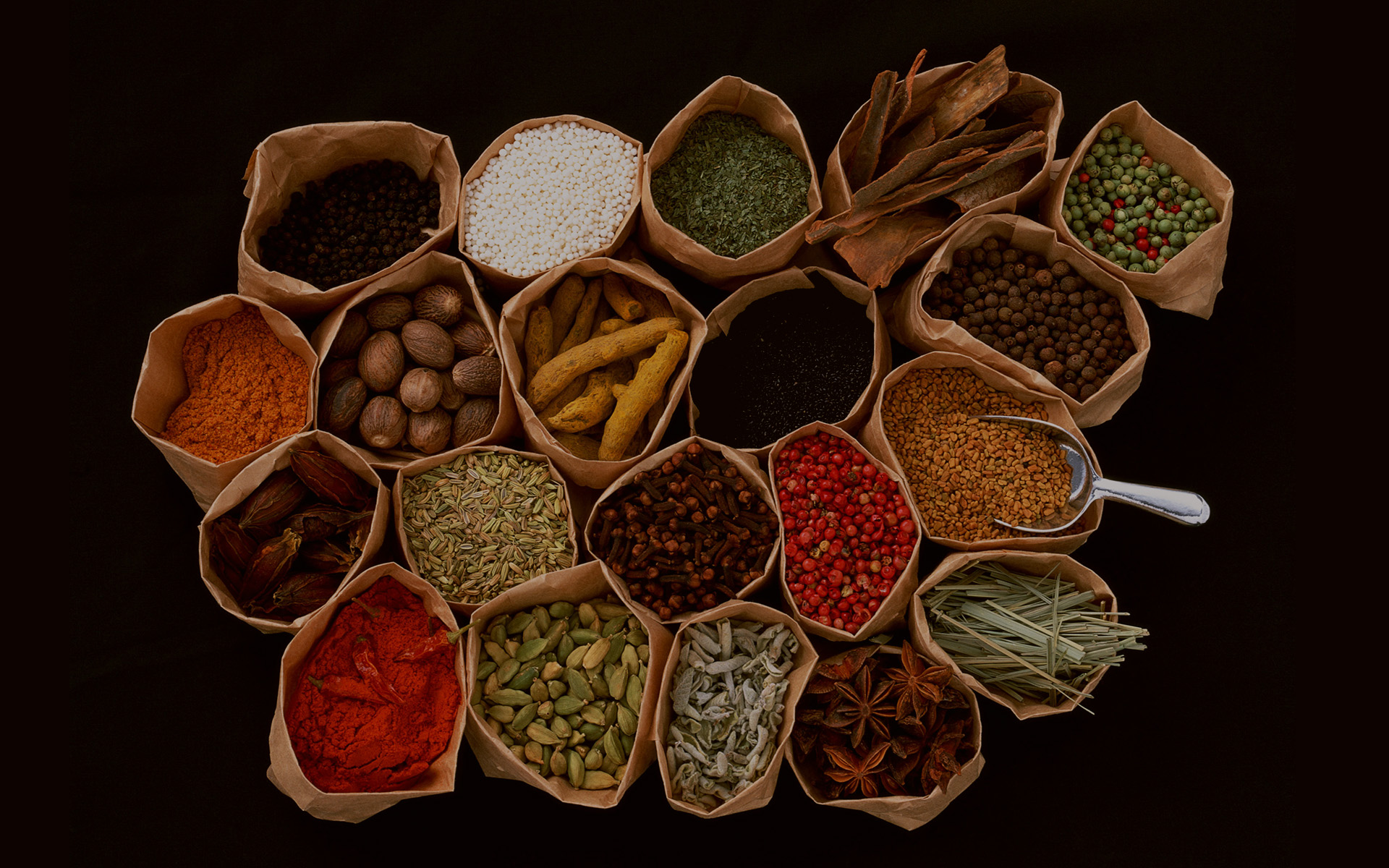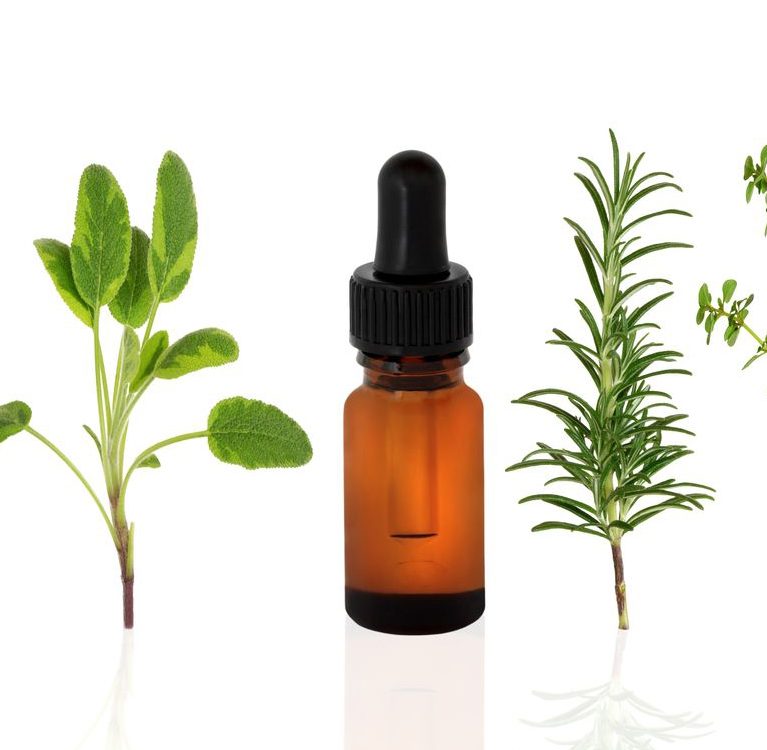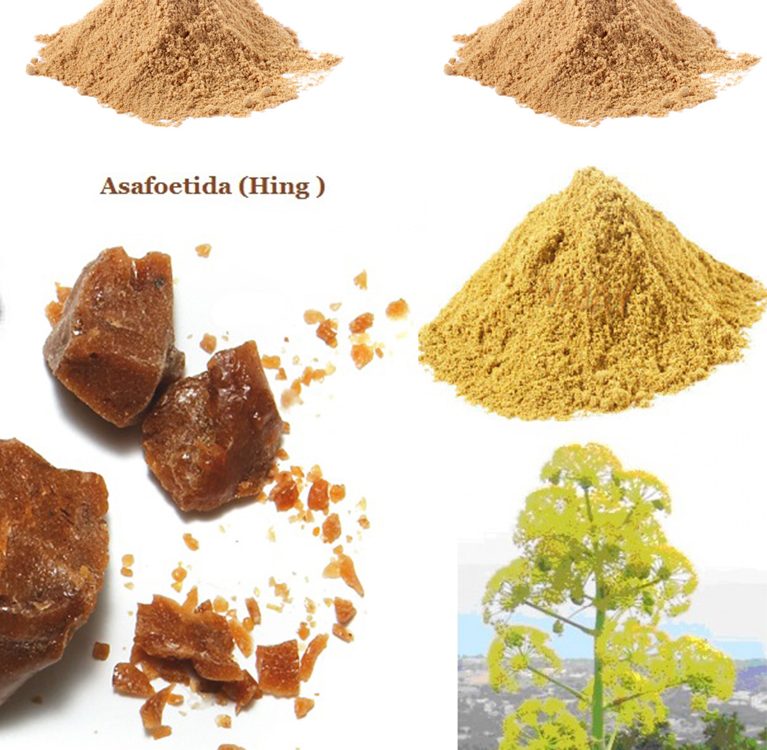
15 Best Firefox Extensions to Make Life Easier
November 2, 2016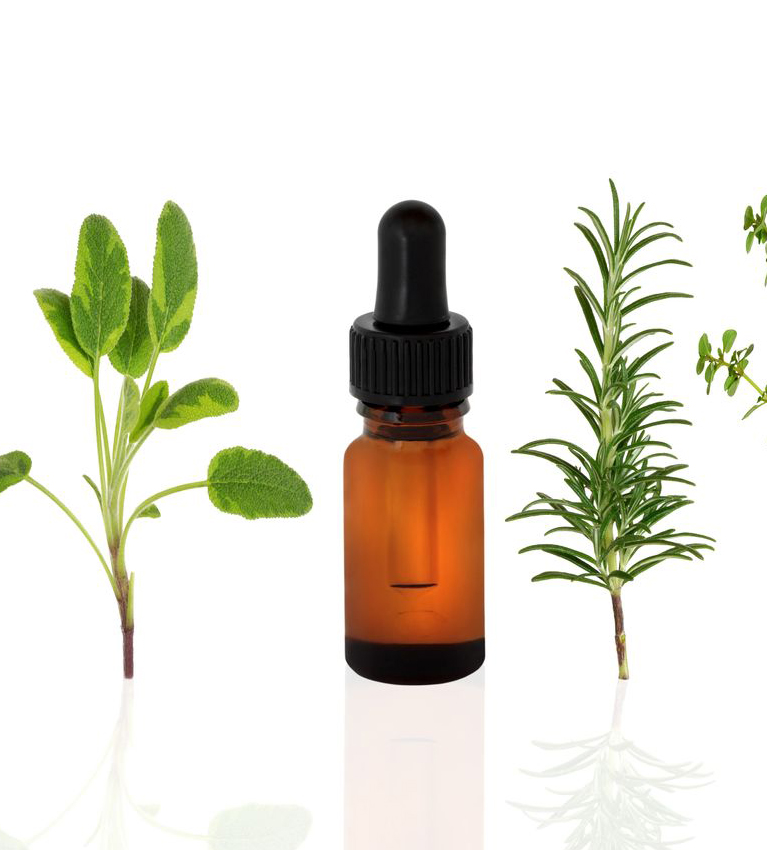
Quick Weight Loss Naturally With Nagarmotha, Olive Oil & Green Tea
November 5, 2016Why Tulsi is Best Herbal Medicine for Seasonal Disease
H
oly Basil or Tulsi is an important symbol in the Hindu religious tradition that is worshiped in the morning and evening by Hindus at large. Its species name, sanctum, refers to this sacredness. It is also referred to as an elixir of life, queen of herbs, and Mother Nature of medicine. The holy basil is also an herbal remedy for a lot of common ailments in the ancient Indian Ayurvedic system of healthcare.
In modern medicine, in last few decades, several Indian scientists and researchers have studied the pharmacological effects of various parts of the tulsi plant on the immune system, reproductive system, central nervous system, cardiovascular system, gastric system, urinary system and blood biochemistry. The extract obtained from Tulsi plants is used to cure various diseases such as common cold, inflammation, malaria, heart diseases, and many more.
Tulsi contains hundreds of beneficial compounds and possesses strong antioxidant, antibacterial, antiviral, adapto-genic, and immune enhancing properties. Tulsi also aids in the purification of the atmosphere. It has been used for centuries as an important component of Ayurveda for its diverse healing properties.
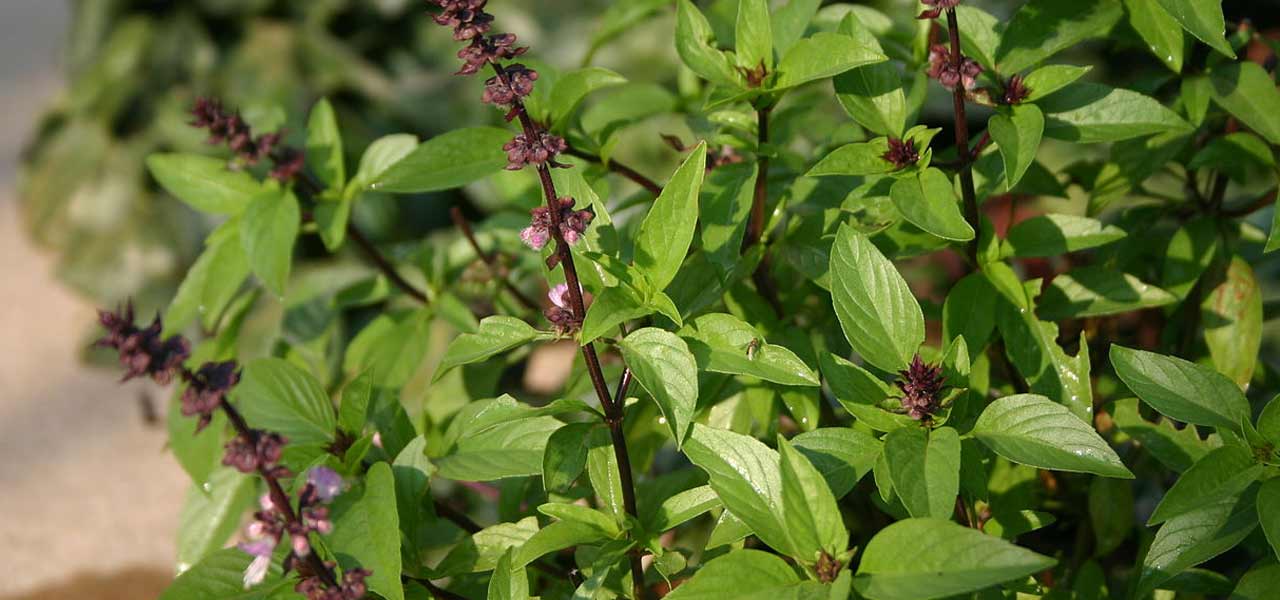
Image from : Google Search
Tulsi Benefits for Health
Nutritional Facts : Holy Basil is known as king of herbs and rich in phyto – nutrients. Basil is one of the herbs that is widely grown across the world. Tulsi contains minerals like Vitamin A, beta-carotene, potassium, iron, copper, manganese, and magnesium. The bio-chemical compounds such as orientin and vicenin act as anti-oxidants. It has many nutritional benefits too. It is full of anti-oxidants. Basil leaves contain eugenol, citronellol, and limonene, which are used in anti-inflammatory.
Fever & Common Cold : The leaves of basil are specific for many fevers. Tulsi is also a good germicidal agent and a disinfectant that protects the human body from all types of viral infections. During the rainy season, when chikungunya, malaria and dengue fever are widely prevalent, tender leaves, boiled with tea act as preventive against these diseases.

Image from : Google Search
Healing Property : Basil leaves have antiseptic properties and are hence, used in the treatment of ulcers, cuts and wounds. They help in reducing the pain caused by measles, chicken pox, and small pox. The basil leaves strengthen the stomach and induce copious perspiration. The seed of the plant are mucilaginous. A mixture of basil leaves juice and coconut oil can be applied on cuts and wounds to give relief. Chewing a basil leaf or applying the juice of basil leaves on the area stung or bitten by an insect also helps relieve the pain as well as draw the venom out.
Respiratory Disorder : The herb is useful in the treatment of respiratory system disorder. A decoction of the leaves, with honey and ginger is an effective remedy for bronchitis, asthma, influenza, cough and cold. A decoction of the leaves, cloves and common salt also gives immediate relief in case of influenza.

Image from : Google Search
Teeth Disorder : This is very good for maintaining dental health, counteracting bad breath and for massaging the gums. It is also useful in pyorrhea and other teeth disorders. The herb is useful in teeth disorders. Its leaves, dried in the sun and powdered, can be used for brushing teeth. It can also be mixed with mustered oil to make a paste and used as toothpaste.

